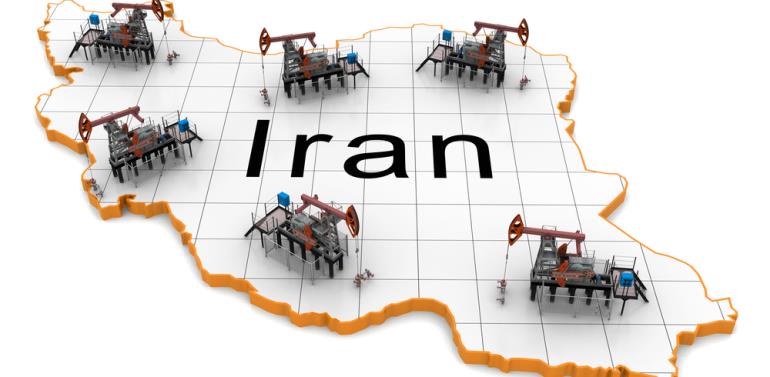International
Iran to benefit the most from greater integration in South Asia, says GI Survey

Iran stands to gain the most from the growing integration of commodity-related trades within South Asia (India-Pakistan-Iran), according to 34 per cent of respondents to a Gulf Intelligence Industry Survey of 250 energy professionals operating in the Middle East.
The lifting of sanctions on Iran on January 17 will have a far-reaching impact on both political and energy dynamics within South Asia and the wider Silk Road, which stretches from Beijing to Lagos. Iran is highly ambitious about its plans to utilize its vast oil and gas resources, with the Oil Minister Bijan Namdar Zangeneh saying the country can bring as much as 1 million barrels a day of oil to the global market by the end of 2016. The announcements reveal Tehran’s confidence in their growing energy network within South Asia and the Gulf countries, although 500,000 barrels a day of oil is a more likely target. Iran still needs significant investments to improve its energy infrastructure after years of sanctions.
Iran is especially keen to leverage its position as the owner of the world’s second largest gas reserves, which includes the giant South Pars field. A sanctions-free Iran means the oft-delayed plans to build a 2,700km gas pipeline stretching from the South Pars field, through Pakistan to India’s New Delhi may gain traction this year. The historic China-Iran trade relationship is also regaining momentum following the lifting of sanctions, with the two countries signing a 10-year deal on January 24 to boost bilateral trade worth up to $600 billion.
India (16 per cent) and Pakistan (12 per cent) will also benefit from greater integration in South Asia. India’s recent fiscal reforms have lifted direct foreign investment ceilings in key sectors – defense, insurance and transportation – and inflation, interest rate and current account deficits have reduced. With revenues also expanding, energy investors are increasingly taking note of India’s potential and hopes of becoming a refining superpower by 2025. India’s economic growth – distinguishing it from fellow BRIC members; Brazil, Russia and China – illustrates the country’s ability to take advantage of Iran’s energy offerings this year, if the often turbulent politics with Pakistan allow.
Iran’s economy, along with other major gas producers like Qatar, will likely take a hit from lower gas prices in 2016. Investments in new capacity projects, coal-fired power plants switching to gas in the US and China, plus the EU saying – yet again – it will diversify from Russia’s supply are unlikely to generate enough price support, 69 per cent of respondents to the GI Industry Survey said. It is still unclear whether a sanctions-free Iran will adopt long-term gas sales pricing formulas, or revert to its preference for an annual price reopener – a condition that has dissuaded investors and stymied previous contract discussions.
Meanwhile, oil prices continue to hover around $30/bl, putting considerable fiscal pressure on energy companies and governments and triggering redundancies worldwide. Half (51 per cent) of the respondents to the GI Industry Survey said oil prices are unlikely to rise above an average of $40/bl this year, while nearly a third of respondents (28 per cent) cited $30/bl.
-

 Banking & Finance1 month ago
Banking & Finance1 month agoOman Oil Marketing Company Concludes Its Annual Health, Safety, Environment, and Quality Week, Reaffirming People and Safety as a Top Priority
-

 News1 month ago
News1 month agoJamal Ahmed Al Harthy Honoured as ‘Pioneer in Youth Empowerment through Education and Sport’ at CSR Summit & Awards 2025
-

 Economy2 months ago
Economy2 months agoPrime Minister of India Narendra Modi to Visit the Sultanate of Oman on 17-18 December
-

 Economy2 months ago
Economy2 months agoOman’s Net Wealth Reaches $300 Billion in 2024, Poised for Steady Growth
-

 News2 months ago
News2 months agoIHE Launches Eicher Pro League of Trucks & Buses in Oman
-

 News2 months ago
News2 months agoLiva Insurance Honored with ‘Insurer of the Year’ Award for 2025
-

 OER Magazines1 month ago
OER Magazines1 month agoOER, December 2025
-

 News1 month ago
News1 month agoAI Security Conference 2025 Hosted by Securado Highlights the Changing Cybersecurity Landscape





























You must be logged in to post a comment Login